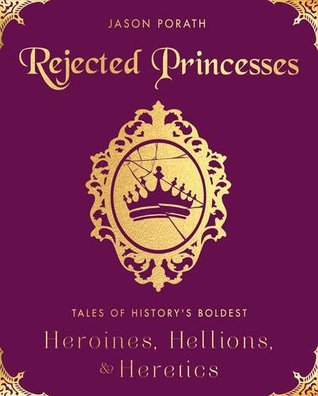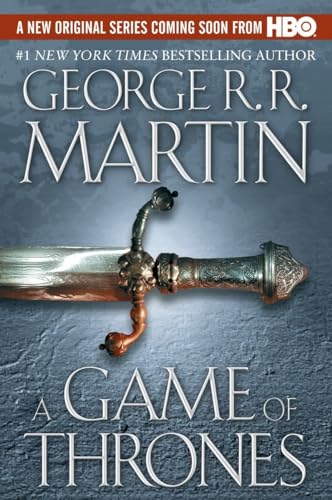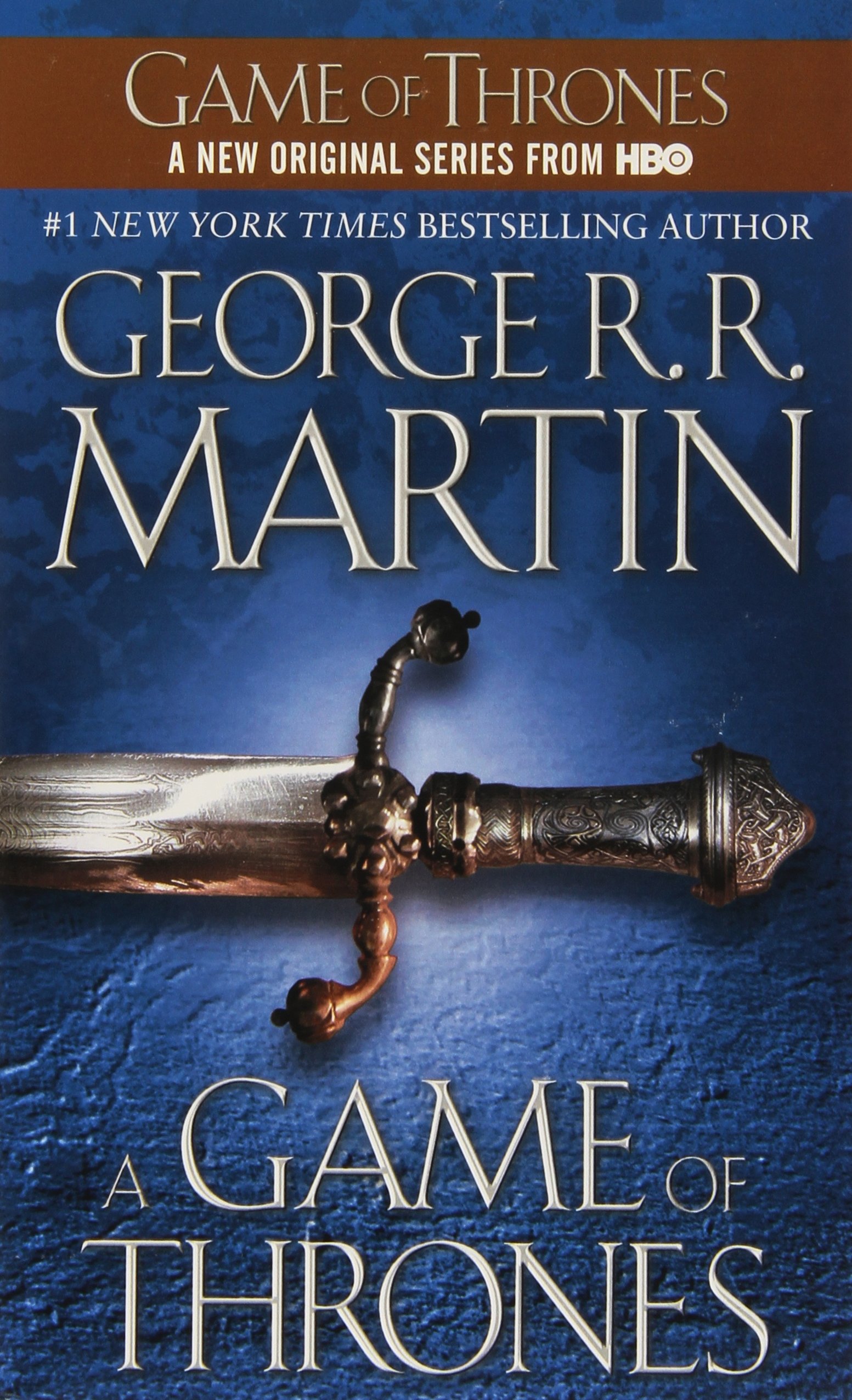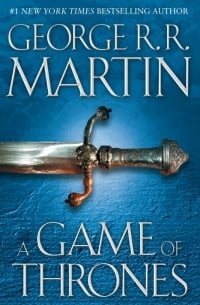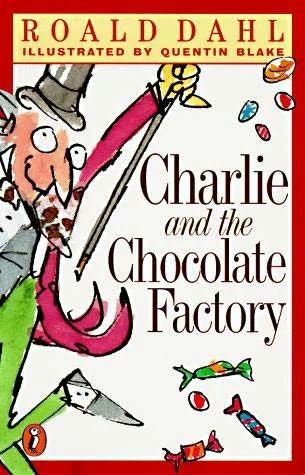| Dey St. |
I've heard of Mata Hari, Joan of Arc, Harriet Tubman, Elizabeth Bathory, Boudica, Ching Shih, and a few others. I read Bad Girls by Joan Stradling and gained a whole new appreciation for the most infamous women in history; however, Porath offers a more comprehensive look at these famous--and, of course, infamous--ladies and he does it with a touch of humor. His passages are relatively short (three to four pages, max), but they're simultaneously informative and entertaining.
More importantly, I discovered aspects of history about which I never knew. I love history and I love learning about history, whether it's in my own back yard or across the ocean, and I loved that I was able to deepen my knowledge of various time periods. For instance, I was excited to learn more about female contributions to the American Revolution with Sybil Ludington. Or learning about the Canary Islands, about which I knew nothing, with Andamana. Or learning more about technological, mathematical, and scientific discoveries with Annie Jump Cannon, Hypatia, Ada Lovelace, and so many more.
It was exciting.
But, I have to say, I think I loved the Night Witches of World War II the best.
I mean, I am fascinated by World War II. I've read several books about it, and I've studied it probably more than the average person. I'm not an expert by any means, but I find myself constantly fascinated by conflicts and social/political shifts that occurred in WWII. It's an era that has such wide-reaching effects we can still see the ripples today; heck, we can still talk to the people who endured it. I may not enjoy violence, but I like hearing stories about it and I like piecing together my knowledge of it, I like holding those stories.
And yet I've somehow never heard of the Night Witches.
How?
But here's how cool they were:
"The Night Witches mark one of the greatest underdog accomplishments in military history. Handed a bunch of slow, flammable trainer planes that had been designed only to dust crops, an all-female group of untrained civilians became one of the most decorated divisions in the entire Soviet military. Flying without armor, guns, sights, radio, cockpits, brakes, parachutes, or virtually any navigation machinery, they dropped bombs on the Germans every three minutes, like clockwork, every night for three years."Moreover, they would often cut their engines and dive over German military camps on the Eastern front, before kicking on their engines and dropping bombs. They literally fell out of the sky, dropped bombs, and then did it again and again and again. "They flew over 1,100 nights of combat, and each pilot flew over 800 missions."
Holy cow.
These women are super women. They were--and are--amazing. They pushed the physical limits of the human body, while simultaneously making due with substandard military equipment and challenging the typical military and/or social culture of Soviet Russia. They're incredible!
Guess, I know what I'll be reading about next.
